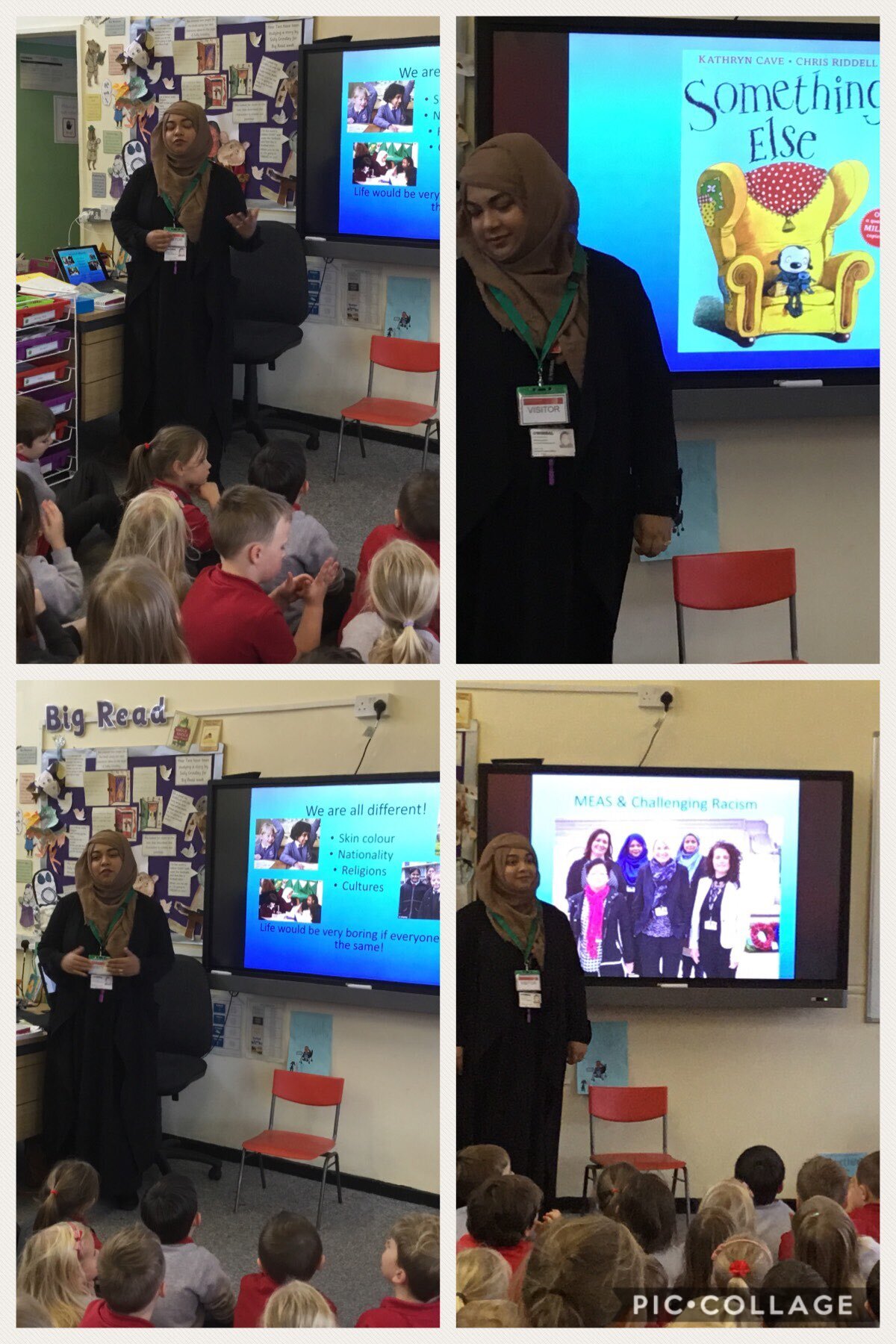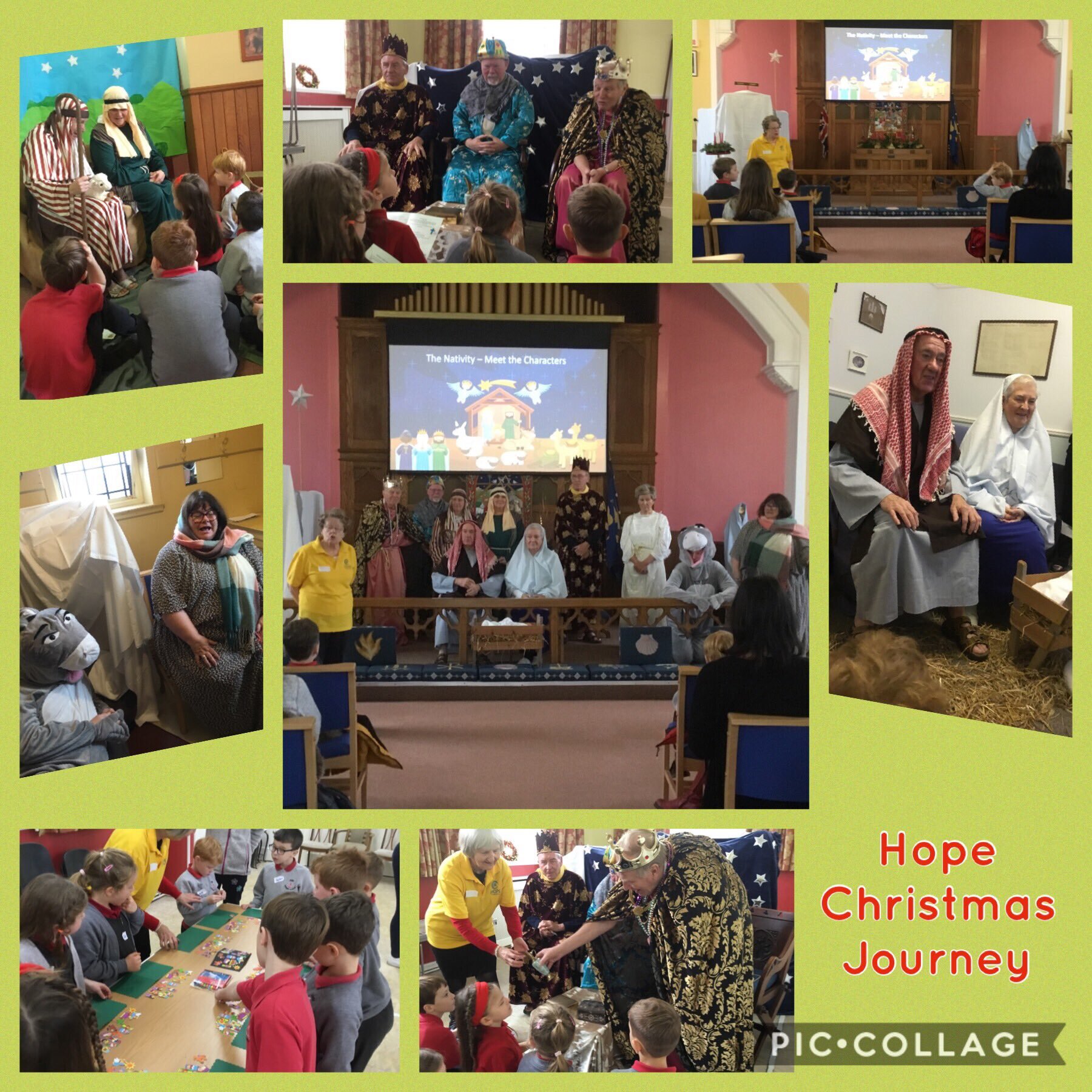Religion and Worldviews
Intent
At Irby Primary school we aim to deliver a rich and exciting curriculum where all children will have the opportunity to investigate and reflect on the fundamental questions in life. We encourage children to reflect on their own experiences and to develop a personal response to these questions. We want them to understand how the values and beliefs of different people and communities shape our modern world. We believe it is a fundamental part of our children’s education to explore the religions of the world in a vibrant and dynamic way. We want our children to have respect for other people and celebrate diversity through understanding similarities and respecting differences
Implementation
We follow the 2019 Wirral Agreed Syllabus for Religious Education and Worldviews, which aims to enable all children to learn about religion in order to learn from religion. Therefore we encourage enquiry based learning and cross-curricular links wherever possible.
We work in partnership with local community groups and places of worship to give our children first hand experiences that will enhance their understanding of the world we live in and promote respect for others. Here are some examples of what we do throughout the year and what RE looks like at Irby Primary School.
· Visits to places of worship.
· Annual Interfaith focused week.
· Visitors from different faith groups leading assemblies and workshops.
· The whole school visits our local Anglican Church, St Chad’s, annually for our Christmas Carol Service. The minister from St Chad’s occasionally leads assemblies and when invited by a class teacher supports an RE lesson with a specific topic. She also runs the transition workshop “It’s Your Move’ for our Year Six pupils in the summer term.
· John Putman, Children, Youth and Family Worker for the parish of Christ Church Barnston and St Michael’s leads monthly assemblies and teaches a Bible Studies unit to Year 4.
· Annual visits to our local Methodist Church to meet the characters from Bible stories through drama, song and craft.
· Assemblies that include stories and festivals from different religions and non-religious traditions to promote values or a moral message.
Impact
At Irby Primary, the impact of our RE curriculum is to develop an enthusiastic learner ,ready to tackle the ultimate questions of beliefs and values in the modern world. The children will have the necessary skills to reflect on questions of meaning ,offering their own opinions and listening to others. They will have a developing knowledge of world religions, secular world-views , religious symbolism and a religious vocabulary to support their learning.
Through our RE curriculum pupils will develop:
· A wider knowledge and deeper understanding across a wide range of religions and beliefs
· A deep understanding of challenging concepts known as ‘Golden Threads’ for learning which are revisited on a cyclical basis
The Golden Threads for RE at Irby are:
· Belief
· Belonging
· Festival
· Celebration
· Identity
· Pilgrimage/journeys
· Prayer/worship
· Symbolism
Barbara Wintersgill’s big ideas are:
Big Idea 1: Continuity, Change and Diversity
Religions / worldviews involve interconnected patterns of beliefs, practices and values. They are also highly diverse and change in response to new situations and challenges. These patterns of diversity and change can be the cause of debate, tension and conflict or result in new, creative developments.
Big Idea 2: Words and Beyond
People often find it difficult to express their deepest beliefs, feelings, emotions and religious experiences using everyday language. Instead, they may use a variety of different approaches including figurative language and a range of literary genres. In addition, people sometimes use non-verbal forms of communication such as art, music, drama and dance that seek to explain or illustrate religious or non-religious ideas or experiences. There are different ways of interpreting both verbal and non-verbal forms of expression, often depending on a person’s view of the origin or inspiration behind them. The use of some non-verbal forms of communication is highly controversial within some religious groups, particularly their use in worship or ritual.
Big Idea 3: A Good Life
Many people, whether religious or not, strive to live according to what they understand as a good life. Religious and non-religious communities often share an understanding as to the sort of characteristics and behaviours a good person will seek to achieve, as well as dealing with what is, or is not, acceptable moral behaviour. The ideal is usually presented in the lives and character of exemplary members. There are points of agreement and disagreement over the interpretation and application of moral principles both across and within different religions / worldviews.
Big Idea 4: Making Sense of Life’s Experiences
Many people have deeply felt experiences, which they may refer to as being ‘religious’ or ‘spiritual’ or simply part of what it means to be human. These experiences can take place in both religious and non-religious contexts and may produce a heightened sense of awareness and mystery, or of identity, purpose and belonging. The experience is sometimes so powerful that it transforms people's lives. As a result, people may change their beliefs and allegiances and on rare occasions the experience of a single person has led to the formation of a new religion / worldview.
Big Idea 5: Influence and Power
Religious and non-religious communities interact with wider society and cultures. These communities affect societies by shaping their traditions, laws, political systems, festivals, values, rituals and arts. The patterns of influence vary significantly in different societies and at different points in time. Some societies are influenced predominantly by one religion / worldview, others by several or many. Religions / worldviews often appeal to a highly respected authority or vision, and this can have significant impacts on societies and cultures, whether positive or negative.
Big Idea 6: The Big Picture
Religions / worldviews provide comprehensive accounts of how and why the world is as it is. These accounts are sometimes called ‘grand narratives’. They seek to answer the big questions about the universe and the nature of humanity. These narratives are usually based on approaches to life, texts or traditions, which are taken to be authoritative. People interpret and understand these texts and traditions in different ways.
Please note: Parents and Carers have the right to withdraw their child from all or part of the RE curriculum. Please speak to your child's teacher if you wish to withdraw your child from all or part of the RE curriculum.





